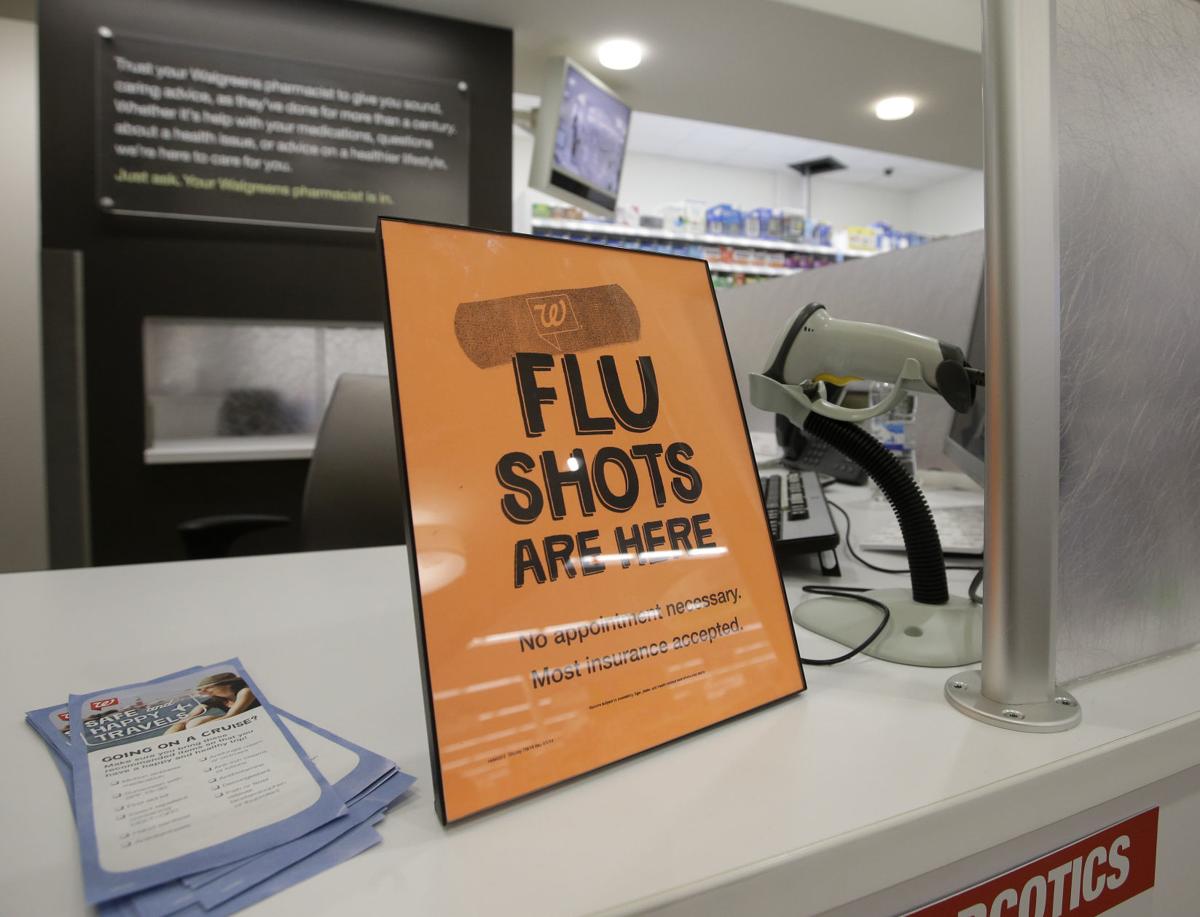Flu season has hit early and it’s hitting hard.
Nearly 1,000 influenza cases have been reported in Pima County so far this season through Dec. 30 — 10 times more than the number of cases reported through Dec. 31 last year.
The number of flu cases normally peaks here and elsewhere between January and February.
Arizona is one of 21 states in the country reporting a high number of outpatient visits due to flu in the previous week, the U.S. Centers for Disease Control and Prevention said. And it’s one of 36 states where flu activity is considered geographically widespread.
“The Tucson Medical Center emergency department is currently experiencing a 10 percent increase in patient volume over the previous year,” said hospital spokesman Jim Marten, when asked about how flu cases were affecting the hospital.
Statewide totals are up significantly as well. About 2,500 laboratory-confirmed cases were reported the week of Christmas, bringing the number by the end of 2017 to nearly 8,000, according to an Arizona Department of Health Services report.
The number of reported cases represent a small proportion of the true number of cases of influenza. Many people do not visit the doctor when ill and doctors should not be expected to run tests on all patients exhibiting influenza-like symptoms, state health officials said.
Nationally, there have been 12 pediatric deaths from the flu. One was in Maricopa County, according to the report.
The numbers appear alarming because last year’s flu season arrived late, and this year’s is unusually early, said Aaron Pacheco, spokesman for the Pima County Health Department. But it’s hard to compare one flu season with another, he said.
“It’s a little too early to tell,” what kind of flu season we’re going to have, he said.
The most important thing to remember for local residents, particularly if you are in a high-risk group such as aging adults or pregnant women, is that it’s not too late to get a flu shot, health officials stressed.
The CDC recommends that anyone over 6 months of age get a flu shot.
People who get a flu vaccine may still get sick, but the vaccine may help minimize the symptoms, and may also help people overcome the flu more quickly, Pacheco said.
One flu shot should last the whole season and typically takes about two weeks to become effective.
Stay home from work if you are sick and cover your mouth when you cough with your sleeve or a tissue.
“Don’t touch your eyes, nose or mouth if your hands are not clean,” said Brandie Anderson, director of infection prevention at Banner-University Medical Center. Wash your hands frequently, especially when you’re out in public using a grocery cart or gas pump, for example.
“Patients experiencing flu symptoms should see a health provider, including primary care or urgent care, as soon as possible, because there is a prescription medicine that can reduce the duration and symptoms.” Marten said. “Patients experiencing acute symptoms should seek treatment at the nearest emergency department.”





